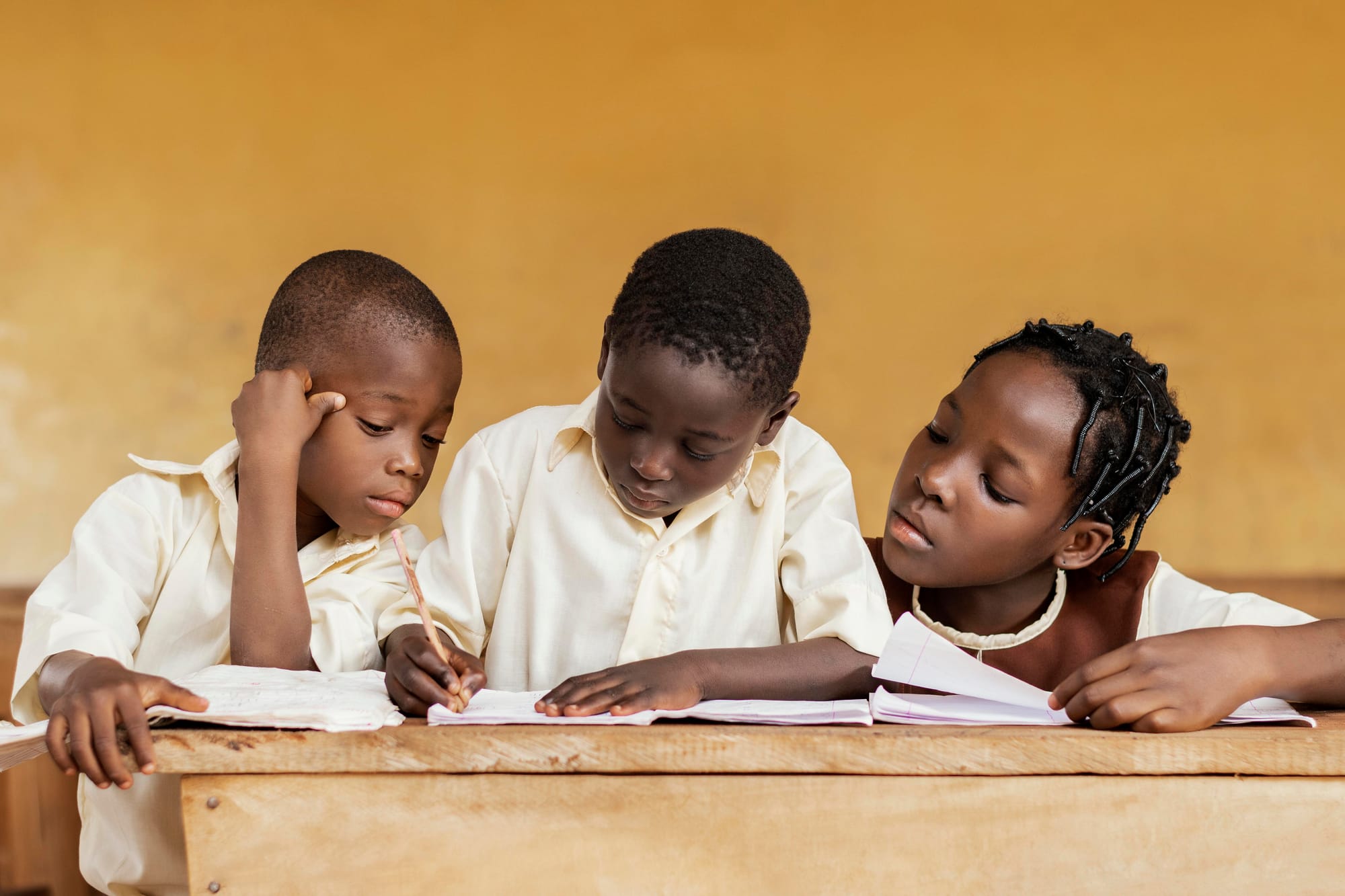The Future of Education: Access, AI, and Dignity

The future of education isn’t just about new technology—it’s about who gets to learn, what they learn, and how that learning translates into dignity, income, and opportunity.
At CRR Network we work where the gap is widest: rural communities, underserved students, and women and girls who are often the last to be reached. Here’s our field-tested view of where education is headed—and how we can make sure no one is left behind.
From “Content First” to Learner First
For decades, systems were built around content delivery: a fixed syllabus, one pace, one assessment. The next decade belongs to learner-centered models—flexible pathways that respect different starting points.
- Personalized pacing: mastery over calendar.
- Multiple modalities: hands-on practice, short videos, peer discussion, community mentors.
- Purpose-led outcomes: lessons that connect to real life (financial literacy, health, digital skills, micro-enterprise).
See our practical approach in Skills Training and Girls’ Education.
Access Is the New Infrastructure
The world talks about AI, but access to devices, connectivity, safe classrooms, food and clean water is the real foundation. A hungry child cannot focus.
- Reliable learning spaces with predictable schedules
- Nutrition support for stability
- Clean water to reduce illness and absenteeism
AI & Blended Learning with Teachers at the Center
AI tutors and adaptive apps can close gaps—when teachers lead.
- Blended classrooms: print + offline content + teacher discussion
- Teacher copilots: simple AI to draft quizzes, differentiate tasks, translate content
- Ethical guardrails: data privacy, bias awareness, human decisions
Skills That Pay the Bills
Beyond literacy and numeracy, the future values applied skills that create income and resilience:
- Vocational/microenterprise: tailoring, wig-making, skincare basics, simple IT services
- Digital fluency: using phones for research, communication, marketing
- Life design: goal-setting, budgeting, confidence, negotiation
Graduates leave our 60-day cohort with a starter kit and a mini-portfolio—knowledge that becomes earning power.
Program details: Women’s Empowerment Training.
Community-Led Education Outlasts Top-Down
Sustainable education is built with communities, not just for them.
- Local mentors and alumni coaches
- Parent buy-in with flexible schedules
- School committees that co-design and maintain resources
Internal link:
- Why Local Support Matters (next post).
Girls First Is a Force Multiplier
Educating girls improves health, income, and community stability. We prioritize:
- Safe access: routes, policies, trusted adults
- Practical materials: uniforms, reusable hygiene products, exam prep
- Leadership pathways: mentorship and visible roles
Measurement That Matters (Beyond Test Scores)
We track learning that transfers:
- Can a student apply math to price a product?
- Communicate clearly with a customer?
- Show agency set goals, track progress, ask for help?
Hybrid Futures: School, Home, and Community Labs
Future-ready education blends:
- School instruction for core skills
- Home study with short, guided tasks
- Community labs for projects and market-day “pop-ups” where students sell what they make (real pricing in public)
Faith & Values as Stabilizers
In many communities we serve, faith institutions anchor service, discipline, and hope. Education that respects local values while remaining inclusive creates buy-in and better outcomes.
Our values in action: Mission & Vision.
Conclusion:
The future of education won’t be decided in a single app or policy. It will be built class by class, cohort by cohort where access meets agency and tools meet teachers. That’s the future CRR Network is committed to: education that changes a day, then a life, then a community.
Help students learn and thrive. $250 supports a family food basket so a child can focus. $500–$1,500 equips a graduate with tools to start earning.
→ Donate
Further Reading
- UNESCO – Global Education Monitoring Report (learning equity & policy)
- World Bank – Learning Poverty & Foundational Skills
- UNICEF – Girls’ Education & Gender Equality
